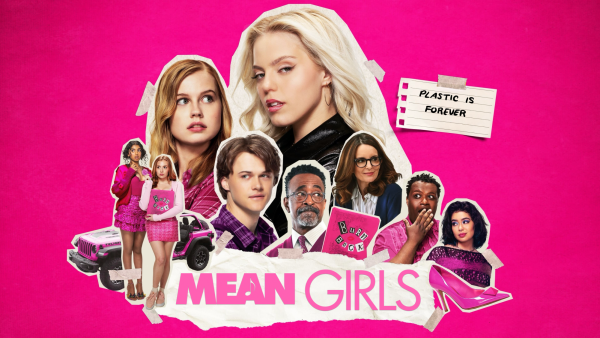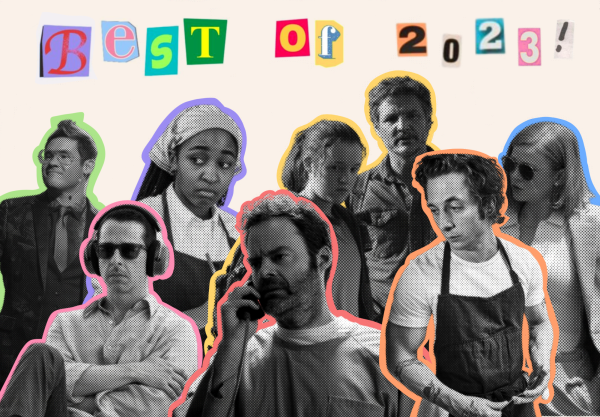EVA’S EVALS: Gamers should get used to female protagonists
Recently, open-world survival game “Rust” became a lightning-rod for controversy. Like many gaming controversies, it has to do with gender politics. Instead of starting out the game with a stock male character model, players logged on to find that their character had been randomly assigned a gender. An outpouring of rage immediately began — much of which came from male players. Some of them vowed to quit the game. Others complained that they could no longer identify with their character.
This highlights an issue that I’ve been grappling with for a while — the issue of female protagonists in games. I’m not talking character customization; I’m talking about games where the only option is to play as a female. They’re a lot rarer than you’d think, especially for Triple-A titles — and when they do come along, vitriol often follows. I vividly remember an angry user review of “Pokémon Trozei” I read years ago which mostly complained about being “forced” to play as a girl. I’m also reminded of crawling through a “Grand Theft Auto” forum topic about the possibility of a female protagonist. With all the heavy meta-commentary present in GTA V about gamers and game culture, I think a female protagonist is the logical next step for a sequel, but the consensus seemed to be that no, it wouldn’t work; gamers couldn’t relate to her. Interestingly, one of the three GTA V protagonists is a black man, but this received little complaint despite also deviating from the typical Triple-A formula.
Whether it’s “Grand Theft Auto V,” a Pokémon puzzle game, or “Rust,” female protagonists remain a hot-button issue. People come up with a many justifications for the status quo. I’ve heard the argument that companies are simply being pragmatic: media featuring males will sell to both genders, while media featuring females will not sell well. There’s also the claim that most gamers are male, so it makes sense to sell to them with male protagonists.
Well, not quite. According to a report published by the PewResearchCenter, an almost identical proportion men and women report playing games (about 50% for each). Of course, the breakdown probably is different by genre, and it could be argued that the women in this survey play more casual phone titles. This argument falls apart, however, when confronted by a GeekWire article which states that 38% of Xbox players are women, and Nintendo users are 50/50 split — and somehow, these women don’t complain every time they play a game with a male protagonist. We can also look at movies for comparison: “The Hunger Games: Catching Fire” and “Frozen” were two of the highest grossing movies in 2013, and women have been a stable audience demographic for decades despite the fact that most movies tell men’s stories.
It’s concerning that some gamers think they are incapable of relating to female avatars. For me, it’s actually kind of inconceivable, as I’ve stepped into the shoes of Booker DeWitt and Michael DeSanta without any issue at all. In fact, I was excited to try and understand them. Are these gamers not used to stories which aren’t tailored to their perspective? Do they view women as intrinsically “other”? If so, what does this imply about relating to women as people? To be fair, some of these players are mainly irritated by the idea of “political correctness” infiltrating games, and they consider female inclusion a symbolic issue. Okay, fair enough — but if including a woman means that a game is politically correct, the bar is set kinda low, don’t you think?
Besides, it usually isn’t about an agenda. Female protagonists can be used to tell fresh, interesting stories, make the next sci-fi shooter unique, or — in the case of “Rust” — improve gameplay and utilize the pragmatism that opposers so often tout as an argument why games don’t include women. According to the developer, randomly-assigned race and gender will enrich the game by making players more distinct, and therefore more recognizable, in the survival setting. Anyone who has an issue with that could benefit from a healthy dose of of open-mindedness.
Your donation will support the student journalists of Omaha Westside High School. Your contribution will allow us to purchase equipment and cover our annual website hosting costs.












